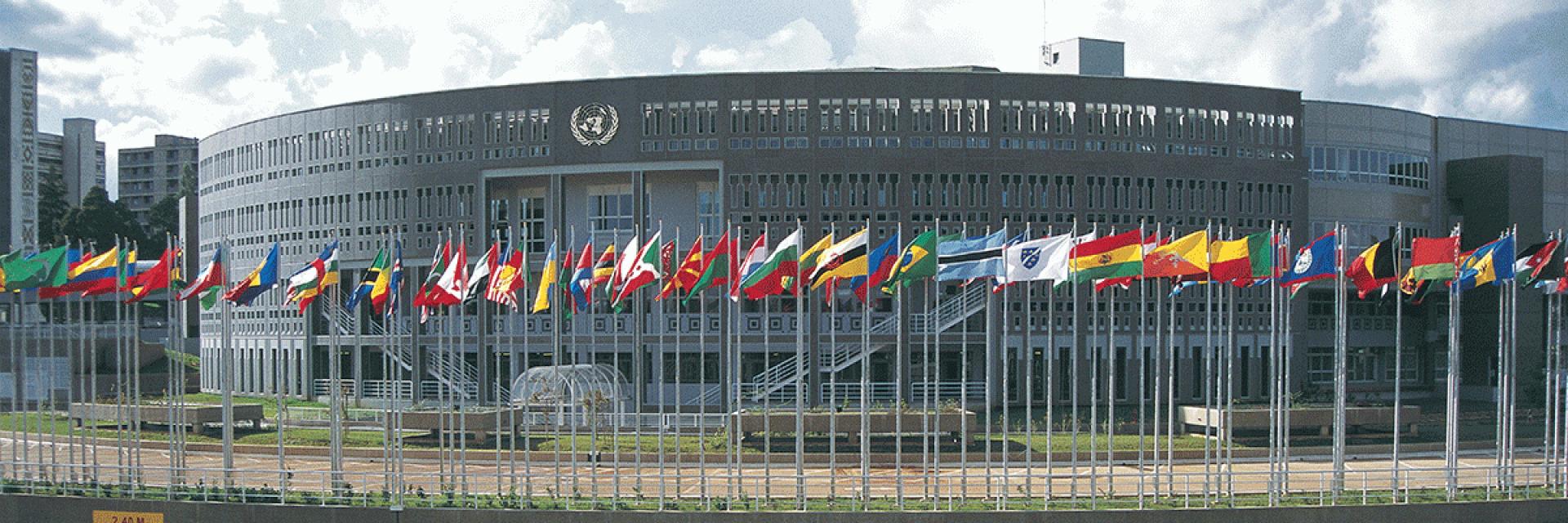The Macroeconomics and Governance Division will hold an EGM to review the African Economic Governance Report, themed “Institutional Architecture for Addressing Illicit Financial Flows (IFFs) from Africa”, from the 21-22 November 2019 at the UN Conference Center in Addis Ababa, Ethiopia. This Report builds on ECA’s previous work on IFFs including, inter alia, the 5th edition of the African Governance Report themed “Natural resource governance and domestic resource mobilizations for structural transformation” as well as the Report of the High Level Panel on Illicit Financial Flows (IFFs).
The key objective of the meeting is to review the draft Report with a view of strengthening the analysis and articulating practical policy recommendations to member States and relevant actors in their efforts to curb IFFs from Africa.
The edition of the Report is conceptualised around the pertinence of domestic resource mobilisation as the core financing strategy for attaining sustainable development and structural transformation. Particularly for Africa, tax revenues provide a predictable and sustainable source of development finance and are vital to the achievement of Africa Union’s Agenda 2063 and the global 2030 Agenda for Sustainable Development. However, domestic revenue mobilisation remains greatly undermined by the phenomenon of IFFs, as ECA’s previous work has demonstrated. Institutions have a direct bearing on countries’ revenue mobilisation efforts. A major challenge in addressing IFFs is the lack of a coherent and coordinated institutional and regulatory frameworks for tackling IFFs at both national and regional levels. This edition of the Report therefore provides a systematic and in depth investigation of the issues in the existing institutional architecture for tackling IFFs. The Report attempts to propose practical solutions to the challenges faced by these institutions, in particular, institutions for addressing trade mis-invoicing, tax evasion and tax avoidance, money laundering and corruption.
The meeting will bring together experts from African governments, regional institutions as well as colleagues within ECA.

